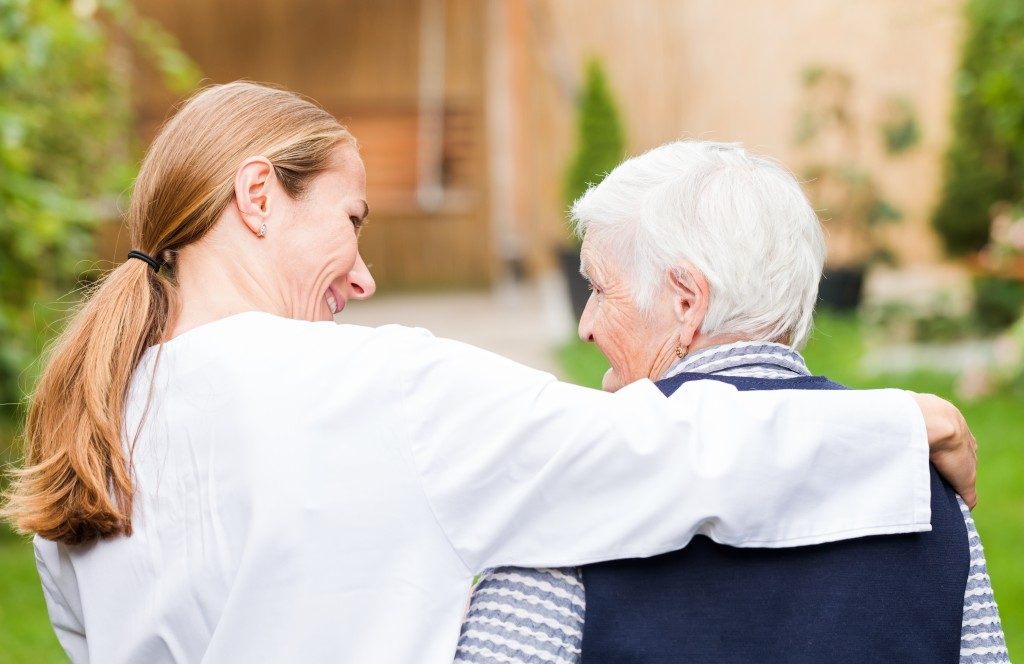 Dementia not only impacts the person suffering from it. It also poses unique challenges for friends and family striving to help their loved one deal with the effects. Usually, the most difficult hurdle is starting a conversation about dementia. This subject can be an extremely sensitive one.
Dementia not only impacts the person suffering from it. It also poses unique challenges for friends and family striving to help their loved one deal with the effects. Usually, the most difficult hurdle is starting a conversation about dementia. This subject can be an extremely sensitive one.
If you are in the same boat, the following tips can help you discuss your concerns with your loved one respectfully and effectively.
Have the Conversation as Early as Possible
Talking about dementia as early as possible is vital. Even if your loved one is already showing early signs of dementia, they might still be capable of expressing their wishes. Also, more and more research studies are showing that people obtain medical advice regarding potential dementia symptoms.
Early warning signs could point to Alzheimer’s disease, or something totally different that is curable and treatable. Secondly, while there are not any treatments to stop dementia from progressing, certain medications could help reduce symptoms for a limited time and might even work better if started earlier.
Create a Care Plan with Your Loved One
Having a solid plan in place can help you and your loved one deal with the situation better, as their condition eventually progresses. The sooner that you create a care plan, the more likely your loved one can participate in the decision-making process.
Having it in writing could be particularly helpful. The care plan should include daily organization and tasks, finances, and care needs in the future.
When discussing care needs, consider the level of care your loved one might need. In addition, talk about their future living arrangements, whether they will be staying at home or living in a hospice care facility in Indiana, and who should be part of the care team.
Involve Family Members and Medical Professionals

This can be very helpful if you are having issues getting through to your loved one. There is a chance that your loved one might respond better to someone else, like a medical professional. In the event that early warnings signs of dementia are already present, it is crucial that you have your loved one evaluated by a doctor as soon as possible.
Don’t Give Up Even If Your Loved One Is Resisting
a
Discussing dementia is never easy. Usually, people are not ready to recognize that they are already displaying dementia symptoms. They can also be very fearful, defensive, or in denial.
When talking to your loved one, be candid and frank, but at the same time, be respectful and open to what your loved one is saying. Although it is vital to be honest, you need to avoid coming across as a tyrant because this will only result in more resistance.
Keep in mind that your main goal here is to help your loved one proactively prepare for their future. Support and help them in any way you can and let them make decisions concerning their care plan. With dementia, it is never too soon to start the conversation going.

